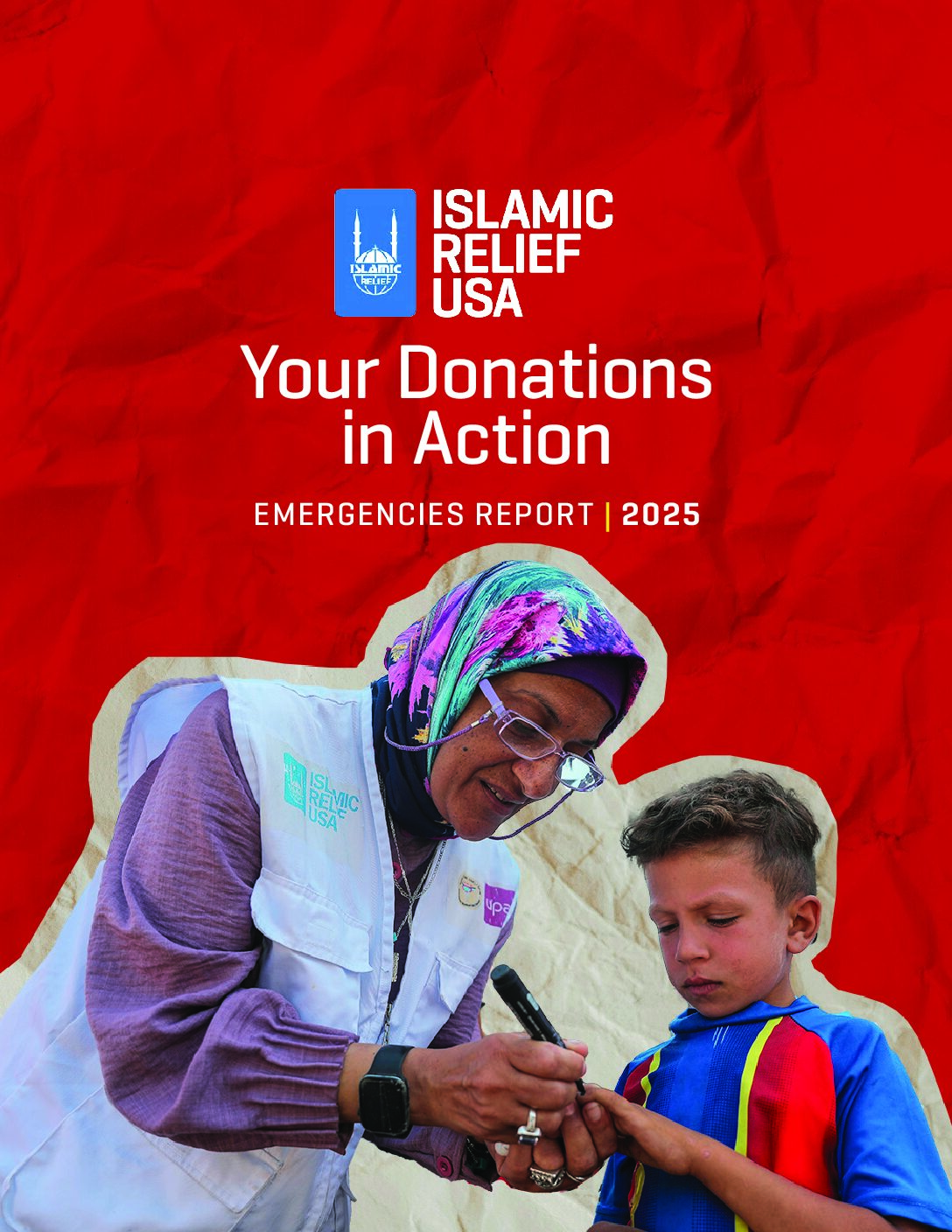Morocco’s Safi Flash Flood Emergency Relief
Severe storms in Morocco’s Safi region have triggered deadly flash floods with at least 37 lives lost and dozens injured. After years of drought, the hardened soil couldn’t absorb the rain, leading to widespread destruction and devastating communities.
Families are displaced as homes and businesses sit under debris. Over 70 buildings are severely damaged, leaving many without basic necessities.
Donate now to provide urgent emergency relief and life-saving aid to those affected by these catastrophic floods.
Sri Lanka Cyclone Ditwah Emergency
Heavy rain preceding Cyclone Ditwah triggered severe weather in the east and central regions of Sri Lanka including the city of Malwana and near the capital city of Colombo.
Flooding and landslides have affected communities across Sri Lanka, displacing families, damaging homes, and disrupting essential services.
Lives have been claimed, many are still missing, and more than half a million are affected nationwide. Nearly 15,000 homes have been destroyed.
Please help the people of Sri Lanka today. Your contribution will provide emergency relief to those affected by Cyclone Ditwah.
Jamaica Hurricane Emergency
On October 28, Hurricane Melissa made landfall in Jamaica as a Category 5 hurricane, the strongest hurricane documented in the island’s history. So far, 19 lives have been lost as search and rescue efforts continue. Homes have been flooded, parts of the country have been without clean water for days, and access to food is growing increasingly scarce. IRUSA is coordinating closely with national and local emergency management agencies to provide immediate emergency needs and long-term recovery in the region.
Gaza
After two years of continued violence in Gaza, over half a million people now face catastrophic levels of starvation and another 1 million people are facing emergency levels of hunger, according to the Integrated Food Security Phase Classification (IPC). One in every three people are going days at a time without eating, with adults regularly skipping meals to feed their children.
To make matters worse, Gaza’s health system has been steadily unraveling before our eyes, deteriorating with each passing year — 36% of primary healthcare centers and 50% of hospitals have completely shut down, with most of those remaining only partially functional. Doctors are overwhelmed, patients go untreated, and entire communities lack access to even the most basic medical care.
At the same time, a total of 1.9 million people — 90% of the population — have now been forcibly displaced from their homes, most of them multiples times.
Take a look at our reports below for more information!
Two Years of Crisis in Sudan
Two years of crisis in Sudan has created one of the world’s worst hunger crises, with famine spreading quickly across the country. Nearly 25 million people – more than half the population – are facing acute food shortages. Extreme violence against civilians and humanitarian aid workers, with hundreds of people killed in the last few weeks alone, has resulted in the suspension of vital humanitarian work and humanitarian catastrophe.
IRUSA Muck and Gut Program
Launched August 2024, the IRUSA Muck and Gut focuses on preparing homes that have been damaged by hurricanes or floods. “Mucking” is the process of removing semi-solid materials like mud, silt, and muck from a home that has been flooded. “Gutting” is the process of removing damaged construction materials like drywall, insulation, and cabinets. Mucking and gutting also involves removing damaged belongings, appliances, and fixtures, and salvaging any undamaged items.
From August 23-25, IRUSA staff and volunteers attended a training in Chicago and piloted the first Muck and Gut project on the west side of Chicago in response to the flooding that took place in 2023. The program is expected to roll out in Florida and Texas in the future.
Past Emergencies:
Heavy Rainfall Hits Kenya
On April 29, the Old Kijabe dam, situated in the Mai Mahiu area of the Great Rift Valley region, burst due to heavy rainfall. At least 50 people have been killed, over 27,000 acres of agricultural land has been destroyed, and more than 4,000 livestock have perished.
IRUSA is working to provide cash assistance to over 6,000 flood-affected families as well as access to clean water through borehole rehabilitation across four counties including Tana River, Garissa, Wajir, and Mandera.
Kentucky Floods Emergency
Severe winds, tornadoes, and flooding, has caused widespread destruction across the Midwest in Arkansas, Kentucky, Georgia, Indiana, Missouri, Tennessee, and Mississippi. So far, there are 45 confirmed fatalities, hundreds of people have been injured, and thousands have been displaced.
In Kentucky specifically, a state of emergency has been declared and evacuations have been ordered. In response, IRUSA’s Disaster Management Team (DMT) is working closely with our local partner to repair damaged homes.
LA Wildfires Emergency
When the LA County wildfires spread in January 2025, IRUSA responded immediately – engaging local communities and community leaders to deliver food and water to local shelters and firefighters working tirelessly on the front lines.
Flash Floods Hit Bangladesh
Heavy monsoon rains have led to flash floods in 11 districts across the country, affecting 5.7 million people and disproportionately affecting low-income neighborhoods. According to local sources, 18 people have been killed and many more have been left stranded, thousands of homes have been damaged, and acres of crops – a main food supply and source of livelihood – have been washed away.
Thanks to your donations, IRUSA is working to provide emergency relief to our brothers and sisters in Bangladesh.
